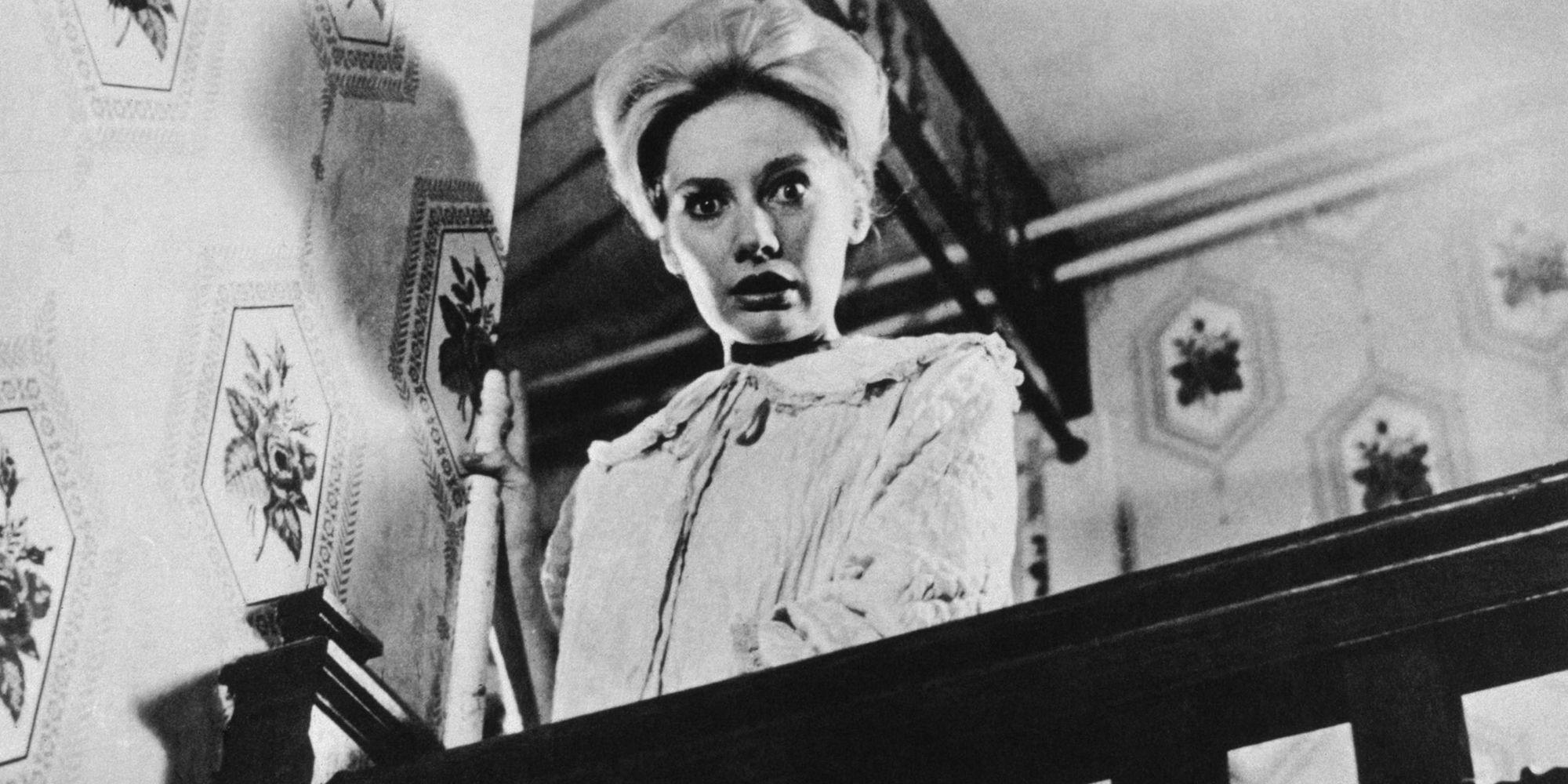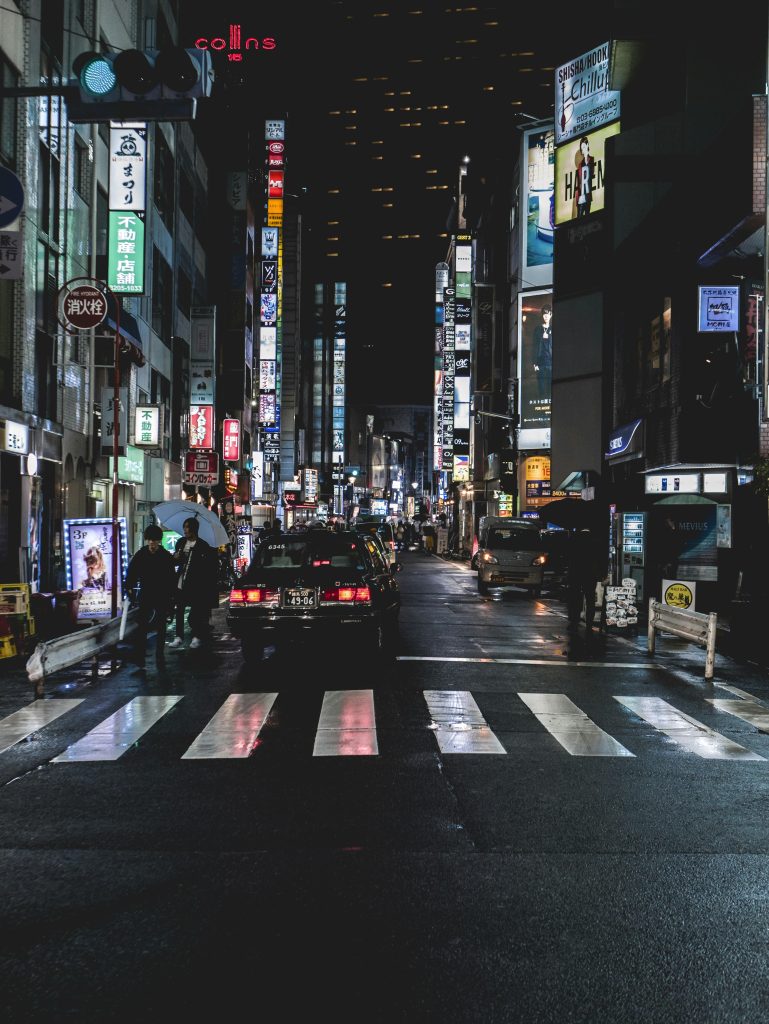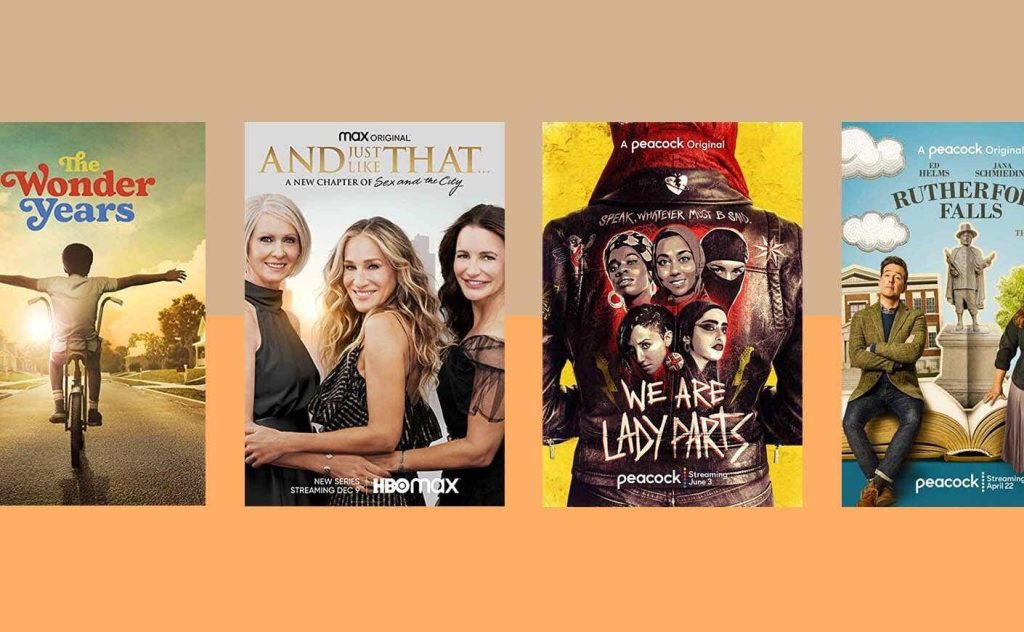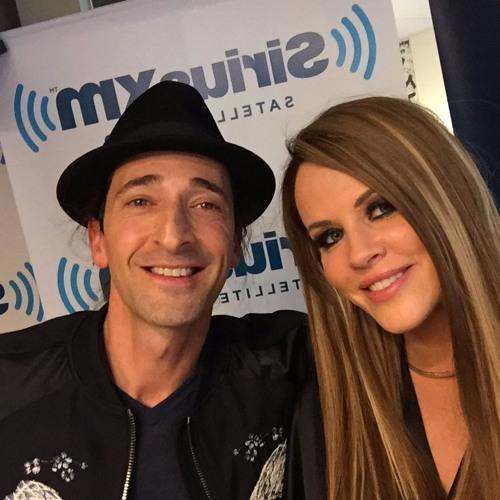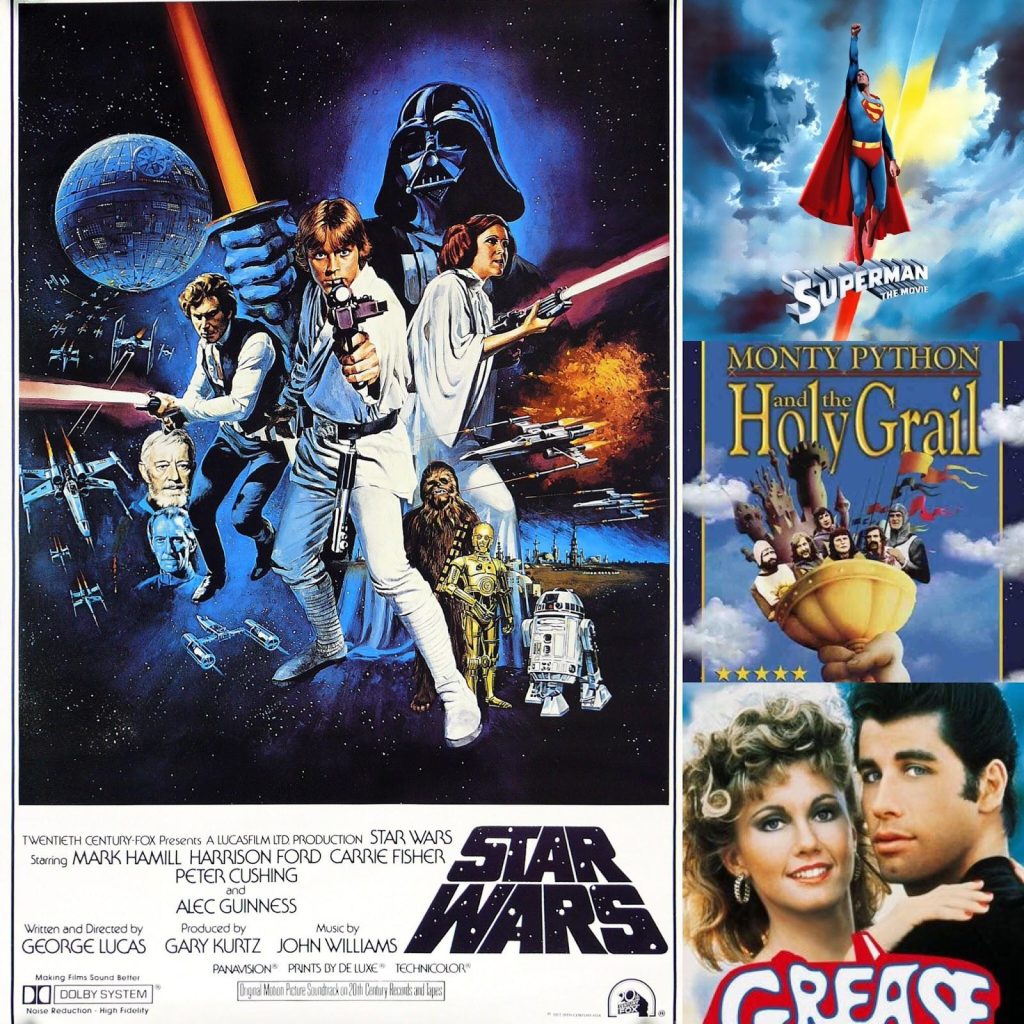In the shadowy corridors of cinematic history, where the boundary between reality and nightmare blurs, lies a treasure trove of classic horror films that transcend the superficial thrills of jump scares and gore. These masterpieces of psychological terror delve deep into the human psyche, unraveling fears that linger long after the credits roll. For those who find true horror in the unsettling whispers of the mind and the eerie stillness of suspense, this collection offers a journey into the art of psychological scares. From the masterful tension of Hitchcock to the haunting narratives of Polanski, these films invite viewers to confront the darkest corners of their imagination, where the most chilling tales are often the ones we tell ourselves. Join us as we explore the best classic horror films that promise to keep you on the edge of your seat, questioning the very fabric of reality.
Exploring the Depths of Fear: Unraveling Psychological Horror
For aficionados of psychological horror, classic films offer a treasure trove of chilling narratives and mind-bending experiences that delve into the human psyche. These films masterfully blend suspense, atmosphere, and existential dread, leaving viewers with lingering unease long after the credits roll. “Psycho“ (1960) by Alfred Hitchcock stands as a pillar of this genre, with its iconic shower scene and the unsettling exploration of Norman Bates’ fractured mind. Similarly, “Rosemary’s Baby” (1968) by Roman Polanski envelops audiences in a claustrophobic nightmare of paranoia and maternal terror, where reality and delusion blur into a haunting tale of demonic influence.
- “The Shining” (1980) – Stanley Kubrick’s adaptation of Stephen King’s novel is a masterclass in atmospheric dread, with the Overlook Hotel serving as a labyrinth of madness and supernatural horror.
- “Repulsion” (1965) – Roman Polanski’s psychological thriller invites viewers into the crumbling mind of a young woman, exploring themes of isolation and repressed sexuality through haunting imagery.
- “Don’t Look Now” (1973) – This Nicholas Roeg film weaves a complex narrative of grief and premonition, with its eerie Venetian backdrop amplifying the tension and psychological disarray.

Masterpieces of Mind Games: Films That Keep You Guessing
Diving into the realm of psychological horror, these classic films weave intricate narratives that leave audiences both captivated and unnerved. Each film on this list masterfully constructs a labyrinth of suspense and mystery, drawing viewers into a dance of doubt and revelation. They skillfully blend the eerie with the enigmatic, ensuring that even the most seasoned horror aficionado will find themselves questioning reality at every twist and turn.
- “Psycho” (1960): Alfred Hitchcock’s masterpiece that redefined horror, presenting a chilling tale of identity and obsession.
- “Rosemary’s Baby” (1968): Roman Polanski crafts a haunting story of paranoia and the occult, leaving viewers in a constant state of unease.
- “The Shining” (1980): Stanley Kubrick’s adaptation of Stephen King’s novel is a visual and psychological tour de force that delves into the madness lurking within.
- “Jacob’s Ladder” (1990): A surreal exploration of trauma and reality, this film challenges perceptions with its haunting narrative and unsettling imagery.
These films are not just stories; they are experiences that challenge the mind, leaving an indelible mark long after the credits roll. With their intricate plots and profound psychological depth, they invite audiences to explore the darker corners of the human psyche.
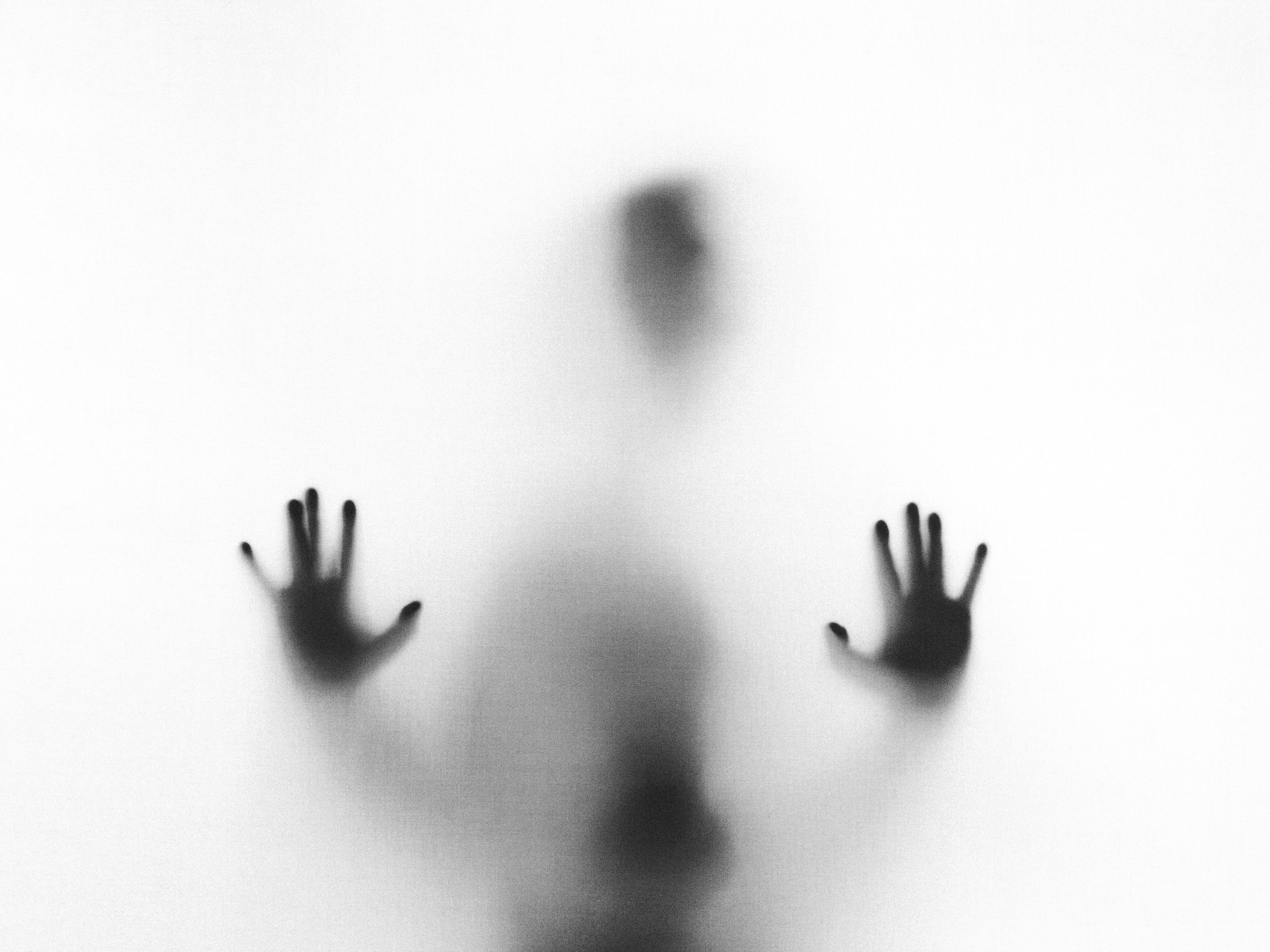
Delving into the Unknown: Classics That Challenge Perception
For those who revel in the art of subtle terror, these classic films unravel the mysteries of the human mind, inviting audiences to question their own perceptions and fears. Each film on this list is a masterclass in psychological horror, expertly weaving tension and intrigue to leave viewers both enthralled and unsettled.
- “Psycho” (1960): Alfred Hitchcock’s iconic thriller plunges into the depths of madness, exploring the terrifying unpredictability of human behavior.
- “Rosemary’s Baby” (1968): Roman Polanski’s chilling narrative blurs the lines between reality and paranoia, making every shadow and whisper feel menacingly real.
- “The Shining” (1980): Stanley Kubrick crafts a haunting tale of isolation and descent into insanity, where the corridors of the Overlook Hotel echo with the specters of the mind.
- “Don’t Look Now” (1973): This atmospheric masterpiece by Nicolas Roeg delves into grief and premonition, challenging perceptions with its fragmented storytelling and eerie symbolism.
These films are not just stories but experiences that linger long after the credits roll, inviting viewers to question what is seen and unseen. They are perfect for those who enjoy horror that teases the mind rather than assaults the senses.
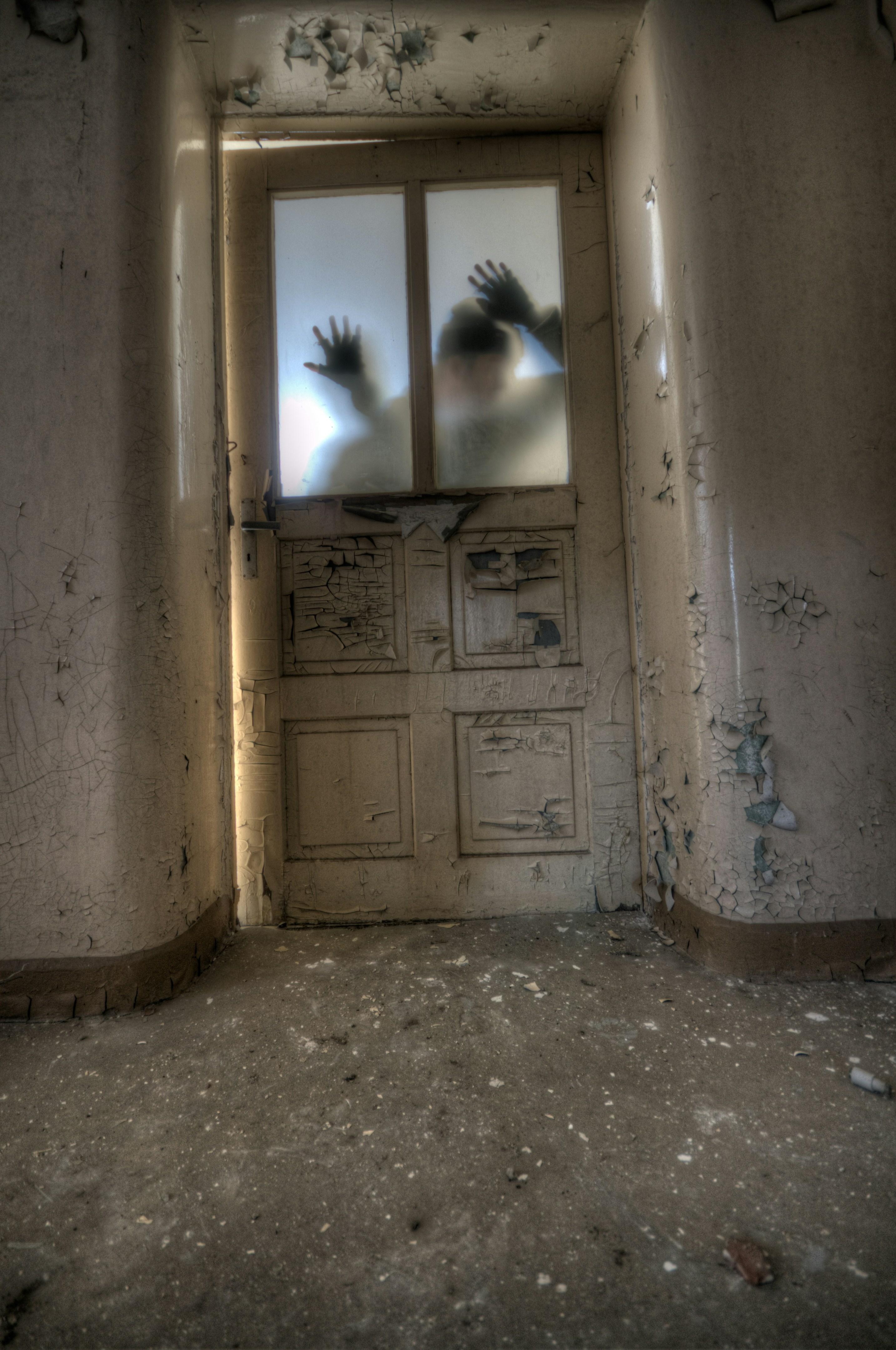
Unsettling Narratives: Psychological Terrors That Endure
In the dimly lit corridors of classic horror cinema, there are films that burrow deep into the psyche, leaving audiences in a lingering state of unease. These stories are not content with mere jump scares; instead, they weave intricate tapestries of dread and suspense. For those who relish the slow burn of psychological terror, these films offer a feast of unnerving narratives.
- The Shining (1980): Stanley Kubrick’s masterpiece, based on Stephen King’s novel, explores the terrifying descent into madness within the isolation of the Overlook Hotel. The film’s chilling atmosphere and Jack Nicholson’s unforgettable performance ensure its place as a timeless psychological horror.
- Rosemary’s Baby (1968): Roman Polanski’s film delves into paranoia and the loss of bodily autonomy, as a young woman suspects her unborn child is not what it seems. The subtle horror and oppressive tension make it a classic that endures in the minds of its viewers.
- Don’t Look Now (1973): A haunting exploration of grief and foreboding, this film by Nicolas Roeg is renowned for its atmospheric storytelling and unsettling imagery. Its eerie portrayal of a couple’s journey through Venice after a tragic loss is both beautiful and terrifying.

